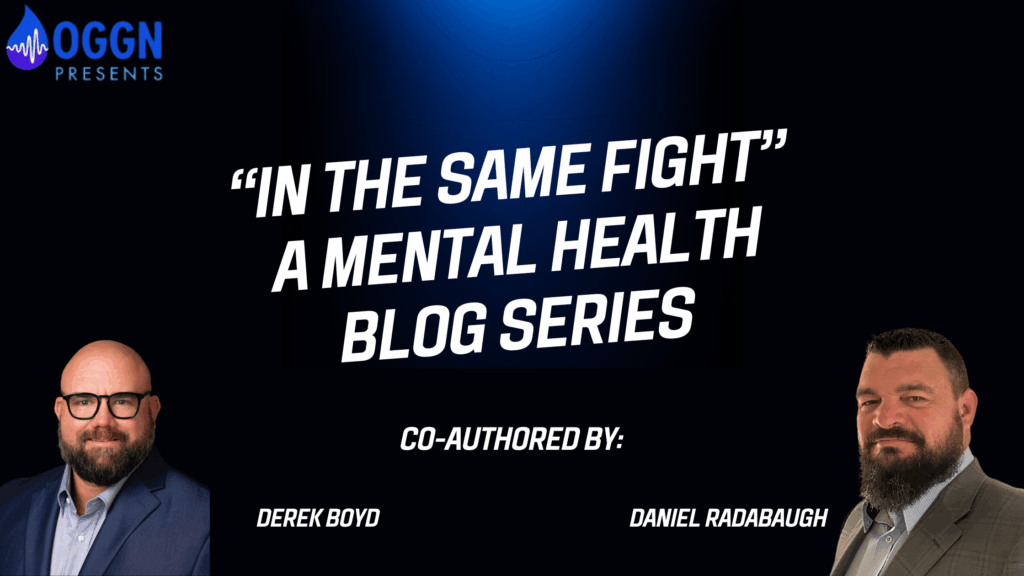
In the Same Fight: Why Connection Matters When Mental Health Feels Overwhelming
By Derek Boyd & Daniel Radabaugh
We’ve both walked long roads in and out of oil and gas, in remote worksites, in shift schedules that leave you more exhausted than anyone at home can imagine, in nights where the noise of your own thoughts is louder than the roar of the rig. From what we’ve seen and what we sometimes still go through ourselves one thing stands out: isolation isn’t just lonely. It can become the biggest barrier to healing.
We’re veterans of this industry, yes but more importantly, we’re human beings who have to face mental health head-on. We’ve lost friends. We’ve lost time. And sometimes we still battle the weight of it all. But we’ve also found hope.
Two Perspectives, One Story
Derek Boyd’s View
There was a time I was between jobs, trying to navigate a new relationship, and resources were stretched thin. As a provider, a father, and a partner, I felt like I was failing even though, on paper, I knew I could bring value. Doubt crept in and I started questioning everything about myself. I pulled back from people, convinced no one could understand what I was carrying. Life went from heavy to bleak; my outlook dimmed and my physical and mental health suffered.
It wasn’t until I reached out and connected with a local group that I began to see another way forward. That connection didn’t erase the problems overnight, but it gave me space to breathe, to trade stories with folks who got it, and the courage to keep showing up for my family and myself.
Daniel Radabaugh’s View
I’ve seen it show up in a lot of different ways. Sometimes it’s the person who laughs and carries on in public, then withdraws when the noise dies down. Sometimes it’s the coworker who quietly stops showing up to social things, or the friend who always says, “I’m fine,” even when their eyes say otherwise.
And if I’m honest, I know it because I live it too. There are days when I feel the pressure of being a veteran, a leader, a provider — and yet I still question whether I measure up. I’ve told myself I can shoulder it all, that admitting I’m struggling would somehow let people down. But the truth is, when I try to carry it alone, it only makes the weight heavier.
Isolation convinces you that your struggles are unique, that no one else could understand what you’re going through. It makes you second-guess your worth, your abilities, even your relationships. I’ve felt that pull to retreat, to put on a brave face, to hide what’s really happening inside. But I’ve also learned that the moments I’ve chosen to connect, to share even a little, are the ones that have pulled me back from the darkest places.
It doesn’t mean the struggle disappears. What it does mean is that someone else helps carry it, even if just for a moment. And sometimes, that’s enough to remind you that you’re not broken, and you’re not alone.
Why Isolation Intensifies the Struggle
- No sounding board: When you can’t talk about what you’re going through, you don’t get feedback. You don’t hear, “That’s rough, but you’re not alone,” or “Here’s something that worked for me.” You don’t realize how many others are carrying similarly heavy loads.
- Distorted self-view: Isolation makes your thoughts loop. You believe the worst: “I’m failing,” “I’m weak,” “Nobody would understand.” Without connection, those distortions have no interruption.
- Barriers to help: Getting help whether from a counselor, a peer, or a friend often depends on admitting you need it. Isolation erects walls: shame, fear of judgement, worrying that seeking help will change how people see you.
- Losing track of identity outside the struggle: When the struggle becomes all you see, it’s easy to stop seeing the parts of you that matter: your humor, your skills, your drive. Connection reminds you who you are beyond the fight.
What Healing Looks Like with Connection
Healing doesn’t mean the struggle disappears it means you don’t have to face it alone. Some pathways we’ve found make a difference:
- Peer support: A coworker, a fellow veteran, a friend who’s been through it. Someone who won’t judge, who gets the fatigue, the fear, the fog. Just having someone say “Me too” can change everything.
- Regular check-ins: Whether it’s a text, a quick call, or grabbing a coffee. It doesn’t have to be big. Just consistency. It reminds you you’re not forgotten, and your feelings aren’t abnormal.
- Safe spaces: Crews, mentorship groups, informal circles places where people can say “I’m not okay” without fear of being shut down. Where “I had a bad day” isn’t met with “Man up,” but with “Tell me more.”
- Professional help when needed: Sometimes connection isn’t enough. Therapy, counseling, or coaching are tools, not weaknesses. And often, connection is what gives you the courage to use them.
Why Now More Than Ever
We’re in a time of high demand, tight schedules, remote sites, and an industry that expects toughness. It’s built on grit. But what we’ve seen is: toughness without connection breaks.
People are leaving early, burnout is real, and tragically, some don’t come back from the brink. But there’s hope, if we shift how we think and how we act. If we stop seeing asking for help as weakness, and start seeing it as one of the bravest things a person in this line of work can do.
Where We Go From Here
We want this to be more than words. Here are some steps we think OGGN’s community operators, contractors, crews, leaders can take, starting now:
- Create formal peer support networks in every company, crew, or region. Veterans helping veterans. Workers helping workers.
- Train crew leads and supervisors to recognize signs of isolation, fatigue, withdrawal. So when someone starts pulling back, someone notices.
- Normalize talking — on shift, before shift, in meetings. Begin with simple: “How you holding up?” “You good?” Really listen.
- Provide access to mental health resources counseling, helplines, support groups — and make sure people know how to access them without fear.
- Celebrate stories of connection, not just high output or strong work. Let people see that choosing help is respected, valued, and essential.
Closing Thoughts
We’re in the same fight. And sometimes, we still find ourselves struggling too. If you’ve felt alone in it, know this: you’re not alone. Your struggle does not define you, but how you meet it matters.
Connection doesn’t magically take all the pain away, but it brings light into the trenches. It reminds us we’re human. It reminds us we can heal because we’re not doing this by ourselves.
With respect for the road we’re all still walking,
Derek Boyd & Daniel Radabaugh
